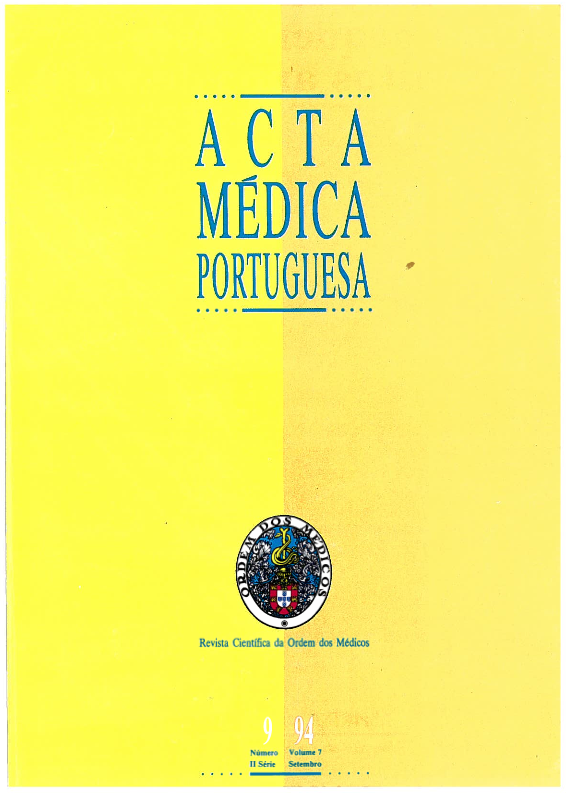The outlook for medical ethics in the 1990s.
DOI:
https://doi.org/10.20344/amp.2965Abstract
The evolution of medicine throughout time--in clinical practice, in scientific progress and in the development of new technologies of semeiology and therapeutics-, created a long list of ethical problems unknown before. If the Hippocratic oath remains valid nowadays, as a true monument of rare moral elegance, the truth is, that it began to be unable to cover all the new aspects created by the evolution of Medicine on one hand, and the transformation of the Society, on the other hand. Therefore, the confrontation of the traditional principles of Medical ethics with the new realities is mandatory, to analyse a long list of well defined questions such as, clinical trials, human experimentation, problems related with the creation of life and its ending, organ transplants molecular biology, medical genetics, analysis of, human genome and its consequences, new biotechnologies, as well as other questions that are covered by the broader aspect of bioethics, interlinking in this way several areas of knowledge. All the technologies used in clinical practice, radically changed the traditional relation between the doctor and the patient, and created not only a number of new problems, but also, clear threats to medical secrecy and patient privacy. The exponential increase in the number of terminal patients made for way some temptations (intensive care, euthanasia) and for the idea of developing a correct structure palliative Medicine.(ABSTRACT TRUNCATED AT 250 WORDS)Downloads
Downloads
How to Cite
Issue
Section
License
All the articles published in the AMP are open access and comply with the requirements of funding agencies or academic institutions. The AMP is governed by the terms of the Creative Commons ‘Attribution – Non-Commercial Use - (CC-BY-NC)’ license, regarding the use by third parties.
It is the author’s responsibility to obtain approval for the reproduction of figures, tables, etc. from other publications.
Upon acceptance of an article for publication, the authors will be asked to complete the ICMJE “Copyright Liability and Copyright Sharing Statement “(http://www.actamedicaportuguesa.com/info/AMP-NormasPublicacao.pdf) and the “Declaration of Potential Conflicts of Interest” (http:// www.icmje.org/conflicts-of-interest). An e-mail will be sent to the corresponding author to acknowledge receipt of the manuscript.
After publication, the authors are authorised to make their articles available in repositories of their institutions of origin, as long as they always mention where they were published and according to the Creative Commons license.









